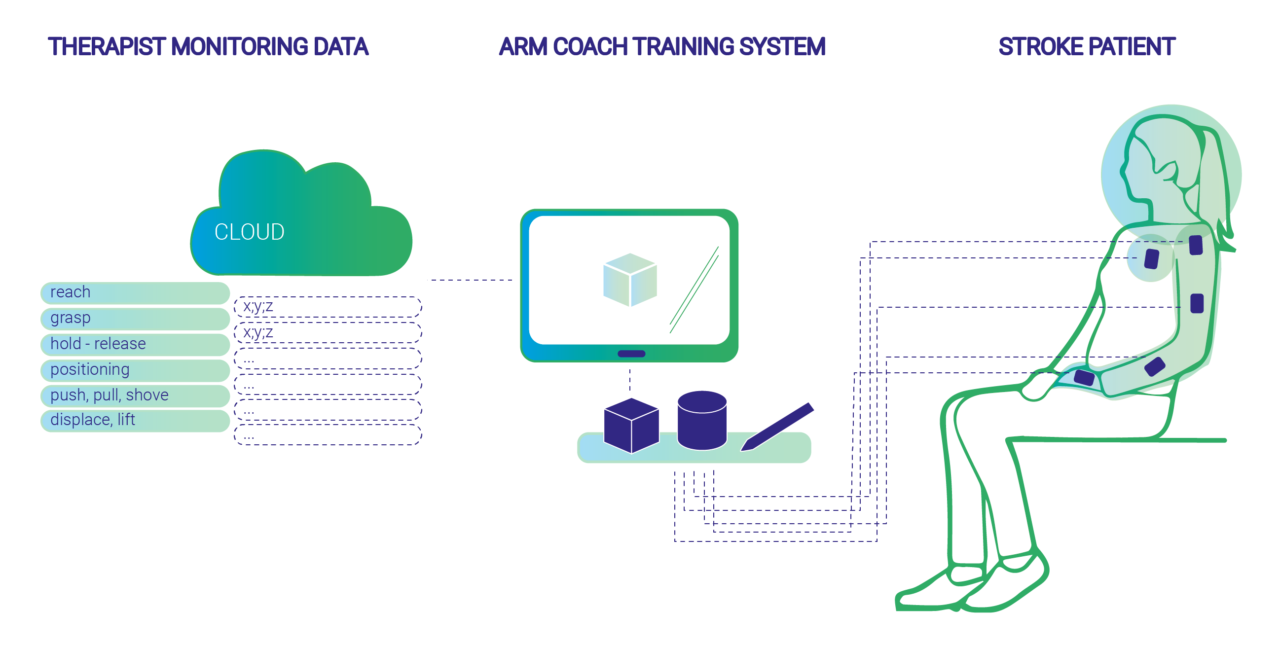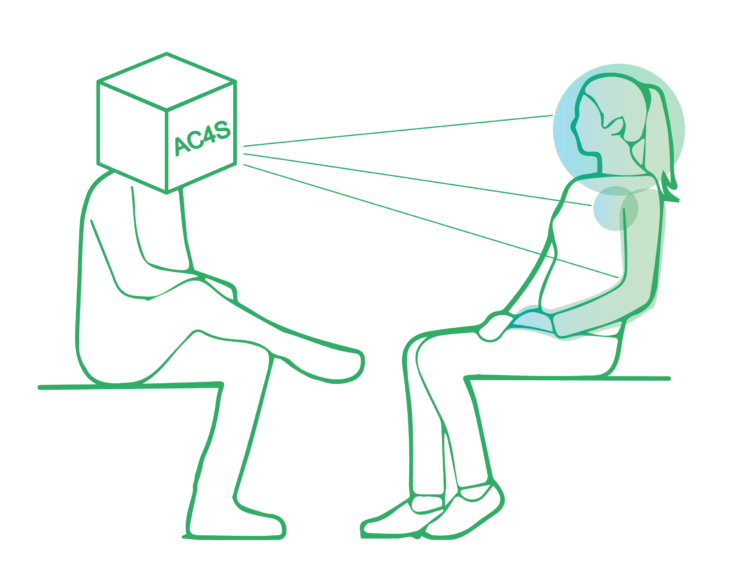Designing Agentic Objects as Motivational Devices in Rehabilitation
Apr 2021 - ongoing
How is possible to foster therapy adherence in stroke rehabilitation at home by using Agentic Objects as Motivational Devices?
The project is conducted in collaboration with the Rijndam Revalidatie Centrum and Erasmus MC in Rotterdam for the development of the ArmCoach4Stroke system.

Agentic objects are objects that can sense, reason, and act within the environment as embodied agents in collaboration with humans. They establish partnerships, embody a specific character and negotiate relevant and meaningful interactions with people.
Partnerships—describe the forms of support that people experience through Agentic Objects and how they see these forms of support developing over time.
Characters— describe the ways in which people identify and understand Agentic Objects based on their expressive form (materiality, appearance, behavior and interactivity) including attributions of personality and animism (friendly, strict, being a ‘coach’ etc.).
Collaborations— describe the ways in which people experience Agentic Objects to afford/negotiate relevant interactions and how these are embedded in their contexts of use.

Motivational devices are ways in which a design can coach, trigger, enable, and sustain particular forms of behaviour (e.g., therapeutic adherence in rehabilitation) by addressing people motivational drivers.
Motivational drivers— how people see Agentic Objects as capable to address their motivations as well as the challenges they face (e.g., when doing rehabilitation at home).